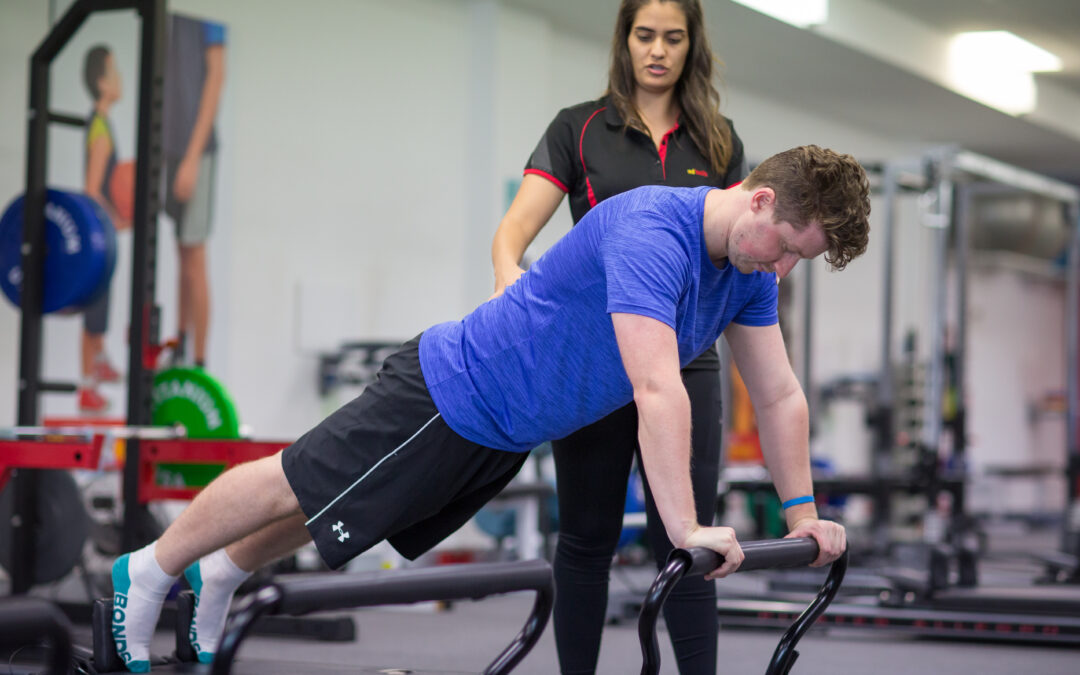Physical Exercise as a tool to help the immune system against COVID-19: An integrative review of the current literature
With the recent COVID outbreak in Melbourne, this review article discusses in detail how important/what is a good level of exercise that helps support your immune system in relation to COVID-19. What is really clear is that structured and specific exercise is NOT just a nice recreational thing to do, but a MUST for a healthy immune system. This will give you the strongest chance in prevention and battling any kind of respiratory disease.
The main point of the article are as follows:
- Moderate intensity exercise (exercise where you are puffed and can’t maintain a conversation at the same time) or strength based training (working to 70% of your maximum strength capacity of your major muscle groups) have a direct effect on the health, the age and effectiveness of your immune system.
-
Moderate intensity physical activity is responsible for providing an increase in the response of your major immune cells, such as the macrophages and at the same time elevations in the circulation of other immune cells and immunoglobulin. This not only primes the immune system to be more effectively to fight disease, but also reduces the burden of disease on organs such as the lungs and risk of lung damage due to your body’s inflammatory response.
- Regular moderate intensity exercise has the contradictory and dual effect of both improving the response to infection by increasing and improving your major immune cells such as the lymphocytes, natural killer cells, immature B cells and Monocytes, your immunovigilance. However at the same time, also reduces your overall stress hormone levels, reducing your systemic inflammatory process. This has the effect of reducing both the mortality (death rate) and morbidity (the damaging effect of) respiratory and other diseases.
- More specifically, strength-based exercise enhances the expression of a natural anti-oxidant (extracellular superoxide dismutase enzyme (EcSOD)), which is highly present in the lungs, which reduces inflammatory adhesions, oxidative stress and tissue damage in COVID-19
In the older population, physical activity is even more essential. The greater comorbidities; such as diabetes, high blood pressure and poorer glucose metabolism in relation to COVID-19 make you more vulnerable to contracting the disease. People who remain active throughout their lifetime have less pronounced immunosenescence (degeneration of the immune system with age) characteristics, a possible protective factor against the complications of COVID-19.
What is the right amount of exercise to protect yourself?
For many years, good quality scientific evidence has consistently shown that exercise and physical activity are essential to good quality of life. More specifically, the American College of Sports Medicine, in its broad position statement has recommended that
(Chodzko-Zajko, et al., 2009):
- Adults should perform strength training, at least 2 times a week, which involves most major muscle groups, at an intensity 70-85% of the muscle’s maximum intensity.
- Adults should perform 150 minutes (or 5 times 30 minutes) of moderate intensity (Which means that you are somewhat puffed and you can’t easily hold a conversation during the activity) of aerobic exercise each week.
What is too much exercise?
Exhaustive physical exercise, before or during an infectious condition (90 min of moderate to high intensity physical activity), such as influenza or COVID-19, can trigger severe illness due to changes in the immune system. This occurs due to the production of anti-inflammatory agents (Th2 anti-inflammatory cytokines) in order to reduce muscle tissue damage, but in strenuous activities this effect can reach immunosuppression levels.
Do you have any questions?
- Call us on (03) 9857 0644 or (07) 3505 1494 (Paddington)
- Email us at admin@mdhealth.com.au
- Check out our other blog posts here
Our clinical staff would be happy to have chat if you have any questions.



